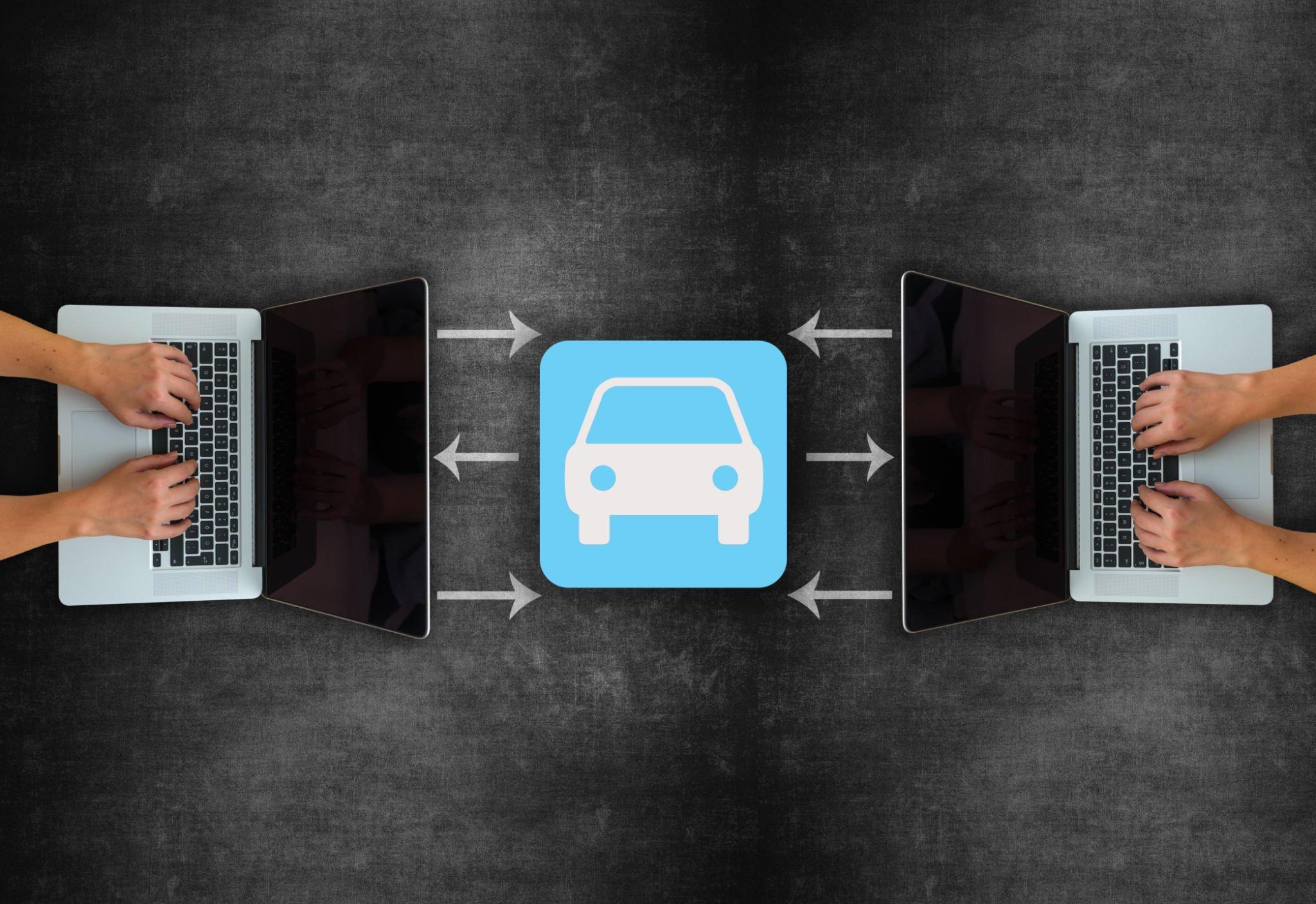
In the world of automobiles, purchasing a brand new car can be a hefty investment. The rapid depreciation, coupled with high initial costs, often makes it a less appealing option. Fortunately, the market for used cars offers a cost-effective and practical alternative. To make this financial journey smoother, understanding the intricacies of used car financing is vital. This comprehensive guide will equip you with all the knowledge you need to navigate the world of used car financing with confidence.
The Benefits of Financing a Used Car
Before delving into the nitty-gritty details, it’s essential to grasp the advantages of financing a used car. These benefits can significantly influence your decision:
1. Cost-Efficiency
One of the primary reasons individuals opt for used cars is their cost-efficiency. New cars depreciate rapidly in their first few years, while used cars have already absorbed a substantial portion of the depreciation. As a result, used cars offer a more budget-friendly alternative.
2. Lower Insurance Costs
Insurance premiums for new cars are generally higher due to their higher market value. Used cars, with their reduced price tags, come with lower insurance costs, which can save you a significant amount over time.
3. Avoiding Initial Depreciation
New cars lose a substantial portion of their value within the first few years. By purchasing a used car, you sidestep this initial depreciation, ensuring that your vehicle’s value remains more stable over time.
4. More Choices
With the vast pool of used cars available, you have a broader range of options to choose from. This allows you to select a model, make, and year that aligns with your preferences and budget.
Understanding Used Car Financing
Now that you’re aware of the advantages, let’s dive into the fundamentals of used car financing:
1. Credit Score Assessment
Before financing a used car, your credit score plays a pivotal role. Lenders assess your creditworthiness to determine the loan terms. A higher credit score often translates to lower interest rates and better loan terms. Therefore, it’s advisable to review and improve your credit score before applying for a loan.
2. Loan Options
Several financing options are available for used car purchases:
• Banks and Credit Unions: Traditional financial institutions offer used car loans with competitive interest rates.
• Online Lenders: Online lenders provide convenience and often have streamlined application processes.
• Dealership Financing: Many dealerships offer in-house financing, but interest rates may be higher compared to other options.
• Peer-to-Peer Lending: Online platforms connect borrowers with individual investors, potentially offering unique financing opportunities.

3. Loan Terms
Used car loans typically come with various term lengths, often ranging from 36 to 72 months. Shorter terms result in higher monthly payments but lower overall interest costs. Longer terms reduce monthly payments but may lead to higher overall expenses. It’s essential to choose a term that aligns with your budget and financial goals.
4. Down Payment
Making a substantial down payment can positively affect your loan terms. It reduces the amount you need to finance, potentially leading to lower interest rates and reduced monthly payments.
5. Interest Rates
Interest rates vary based on the lender, your credit score, and the loan term. Shopping around for the best interest rates is crucial, as even a small percentage difference can have a significant impact on the overall cost of your loan.
6. Vehicle Inspection
Before finalizing the purchase, it’s wise to have the used car inspected by a trusted mechanic. Identifying potential issues can help you negotiate a better deal and prevent unexpected expenses down the road.
The Application Process
Now that you’re well-versed in used car financing, let’s walk through the application process:
1. Prequalification
Start by getting prequalified for a loan. This step provides insight into the loan amount and interest rates you can expect. Prequalification is a valuable tool for setting your budget.
2. Documentation
Lenders typically require various documents, including proof of income, identification, and credit history. Gather these documents to streamline the application process.
3. Loan Approval
Once you submit your application, the lender will review your information, including your credit score. If approved, you’ll receive the loan offer, specifying the loan amount, interest rate, and terms.
4. Negotiation
Don’t hesitate to negotiate the terms with the lender or dealership. A bit of haggling can lead to more favorable conditions.
5. Finalizing the Deal
Review the loan terms carefully before finalizing the deal. Ensure you understand all aspects of the loan, including interest rates, monthly payments, and any additional fees.
In Conclusion
Used car financing offers an affordable pathway to owning a reliable vehicle. With a solid understanding of your financial situation and the intricacies of the loan process, you can confidently navigate the used car market. Make sure to compare loan options, negotiate terms, and always prioritize a budget that aligns with your financial goals.






